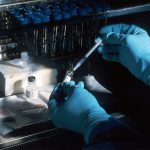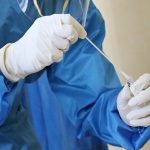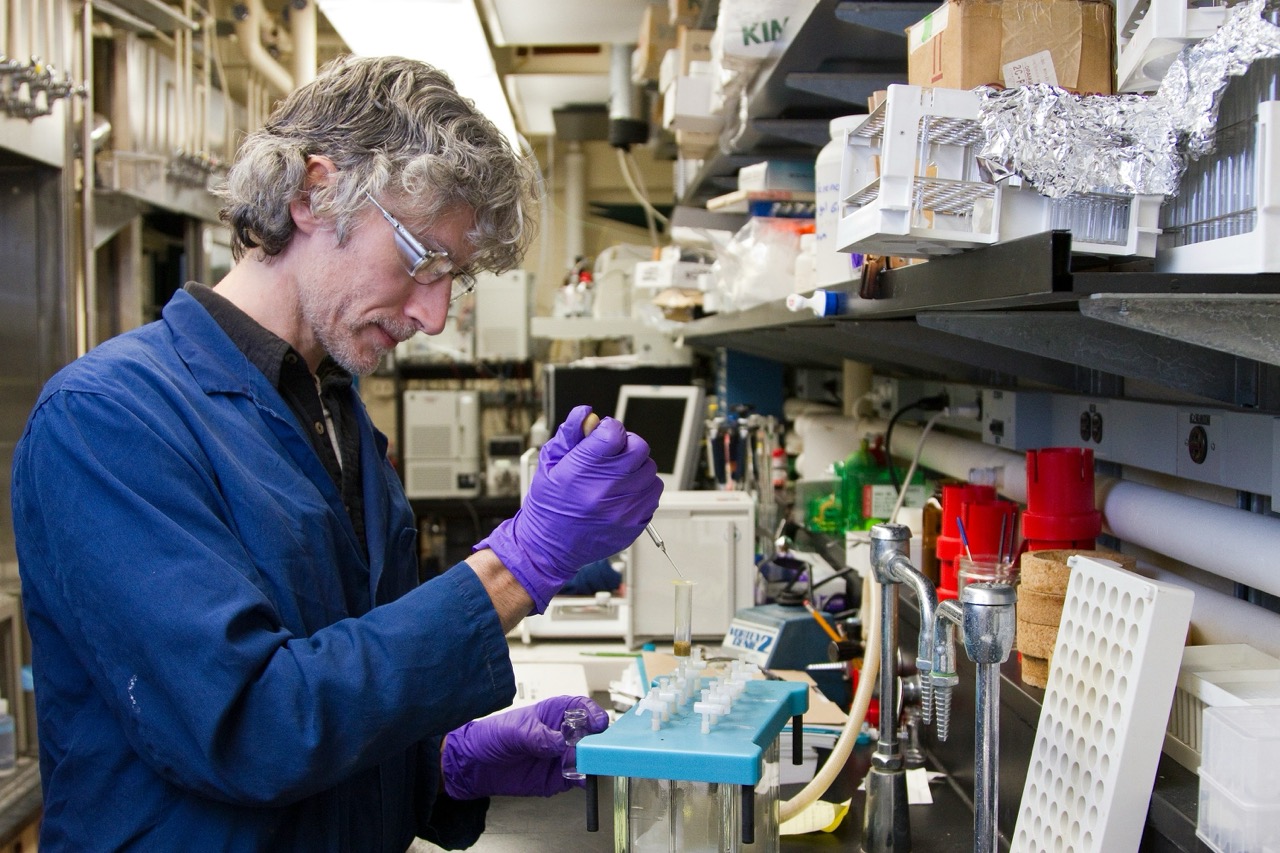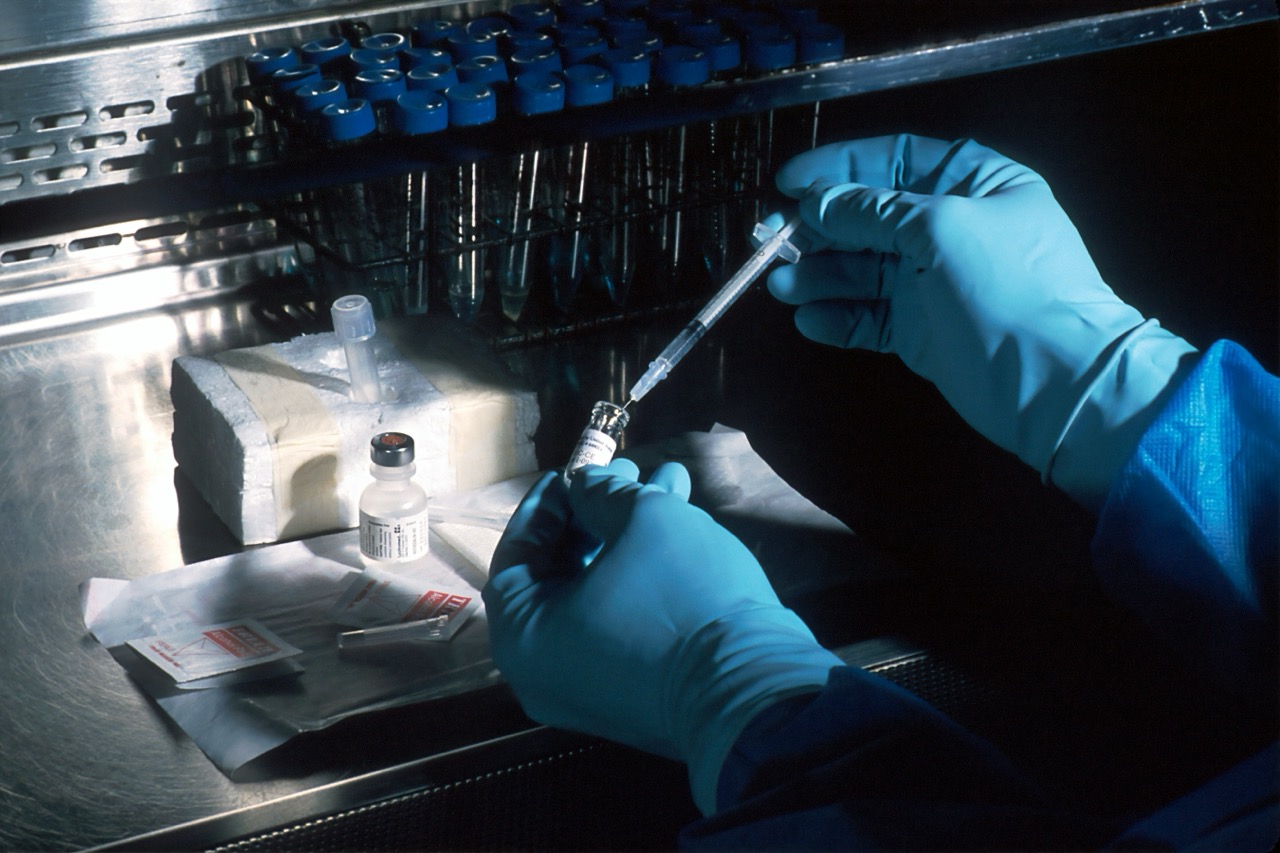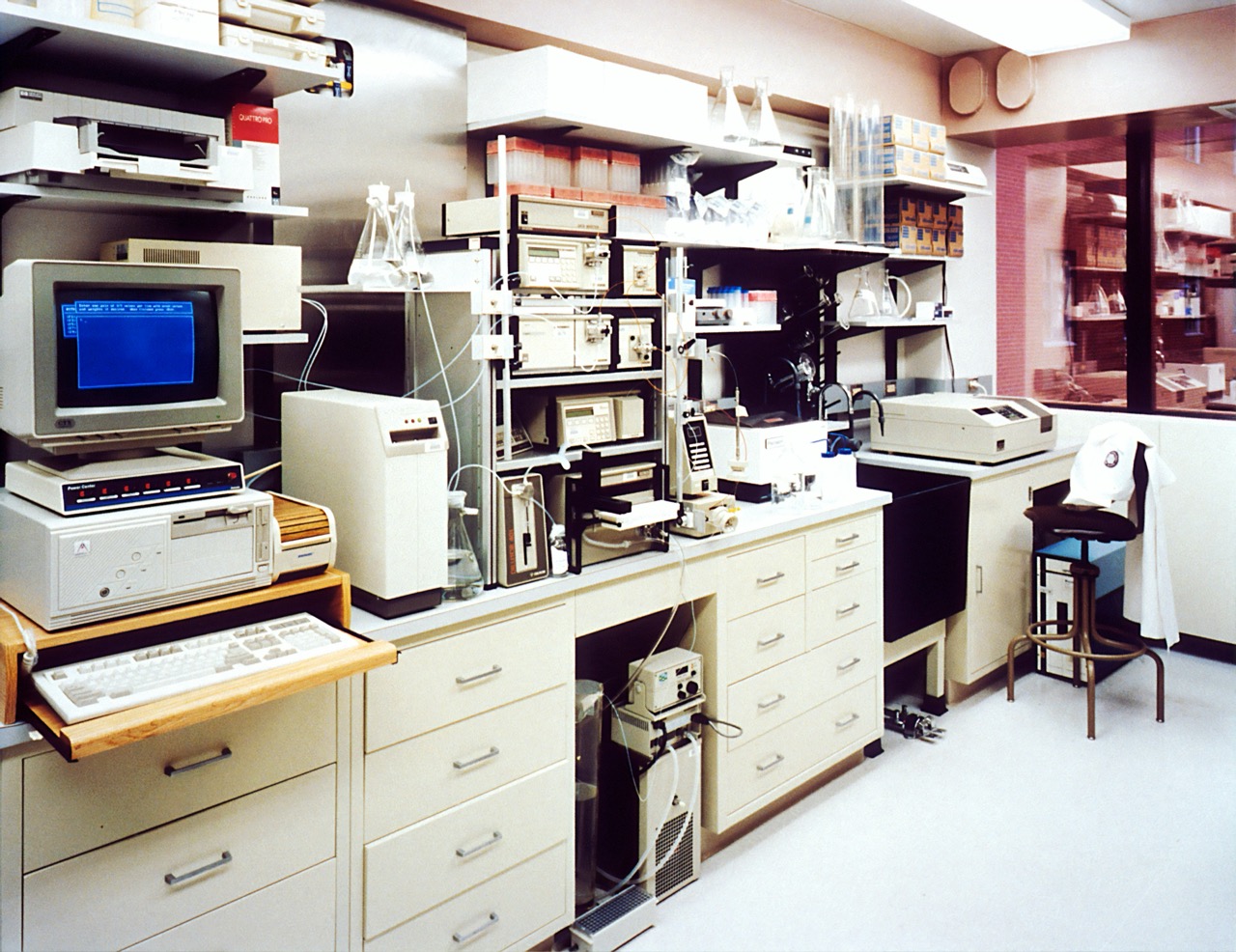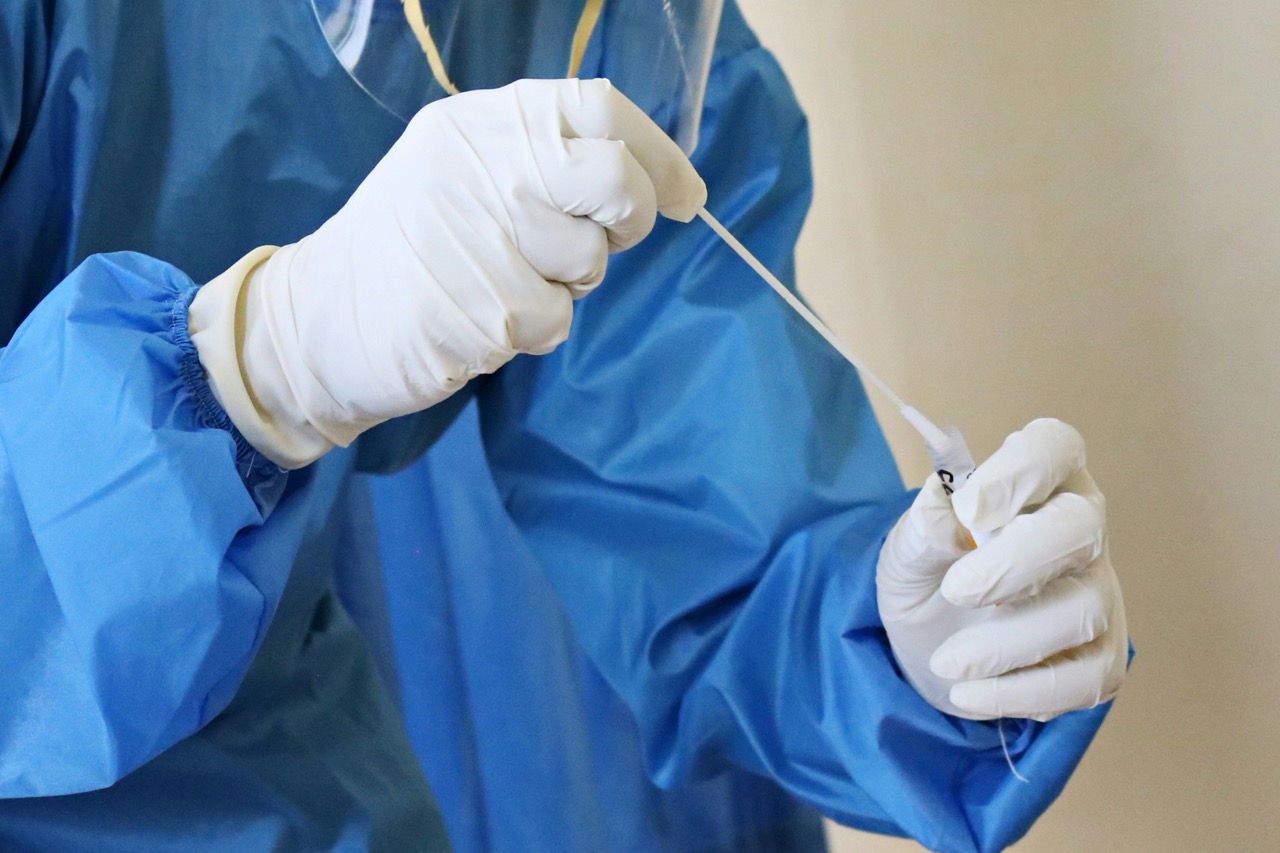Sexually Transmitted Diseases (STDs) are a significant public health concern worldwide, affecting millions of individuals each year. The importance of regular STD testing cannot be overstated, as early detection and treatment can prevent serious health complications and reduce the risk of transmission. Recognizing the barriers many individuals face in accessing healthcare, various resources are available for free STD testing in local communities. This article outlines practical steps to help individuals locate accessible testing options in their area.
Understanding the significance of regular STD testing is essential for maintaining sexual health. Routine screenings can identify infections that may be asymptomatic, allowing for prompt treatment. Regular testing is particularly important for individuals with multiple sexual partners, those who engage in unprotected sex, or individuals with a history of STDs. Moreover, early detection can help mitigate the long-term health risks associated with untreated STDs, such as infertility, organ damage, and increased susceptibility to HIV.
Identifying Local Health Resources for STD Testing
Finding local health resources is the first step in accessing free STD testing. Many counties and cities have public health departments that offer comprehensive sexual health services, including testing and treatment for STDs. These entities often provide resources on their websites about available services and locations. Community bulletin boards and local health fairs can also provide valuable information about testing options in your area.
In addition to health departments, some hospitals and clinics may offer free or sliding-scale fees for STD testing. It is advisable to call these facilities to inquire specifically about their STD services. Many healthcare providers are committed to ensuring accessible care, understanding that financial barriers should not hinder individuals from seeking testing and treatment.
Exploring Government Health Initiatives for Free Testing
Government health initiatives play a crucial role in promoting public health and providing access to free STD testing. Programs such as the Centers for Disease Control and Prevention (CDC) often allocate funds to various health departments, facilitating the availability of low-cost or free testing services. These initiatives aim to increase awareness and encourage individuals to get tested regularly.
Additionally, the Affordable Care Act mandates that certain preventive services, including STD screenings, be provided without cost-sharing for those with insurance. Individuals can contact their insurance provider to learn more about coverage options and benefits related to STD testing, thereby reducing potential financial barriers to accessing necessary healthcare services.
Utilizing Community Health Centers for STD Assessment
Community health centers are a valuable resource for individuals seeking free or low-cost STD testing. These centers typically operate on a sliding fee scale based on income and offer services regardless of insurance status. They provide a variety of health services, including routine check-ups and sexual health assessments, making them a reliable option for those looking to get tested.
Moreover, community health centers often collaborate with local organizations to promote awareness about STD prevention and testing. By leveraging these partnerships, they can offer educational resources alongside testing services, ensuring that individuals understand the importance of regular screenings and have access to support for their sexual health needs.
Leveraging Nonprofit Organizations Offering Testing Services
Numerous nonprofit organizations focus on sexual health and may provide free STD testing as part of their mission. These organizations often have specialized programs aimed at reaching underserved populations, ensuring that testing services are accessible to everyone. Many nonprofits run awareness campaigns and outreach efforts to educate the community about the importance of STD testing and safe sexual practices.
Individuals can find local nonprofit organizations through online searches or community directories. Additionally, many of these organizations maintain social media presence, making it easy to stay informed about upcoming testing events and available services. By engaging with these nonprofits, individuals can access not only testing but also counseling and support services related to sexual health.
Searching for STD Clinics via Online Directories
Online directories are a powerful tool for locating STD clinics and testing services in one’s community. Resources like the American Sexual Health Association (ASHA) or local health department websites often feature directories that list clinics, their services, and any associated costs. These directories allow individuals to filter results based on location, ensuring they find easily accessible options for testing.
When utilizing online directories, it is essential to take note of clinic hours, whether appointments are necessary, and if testing is offered on a walk-in basis. Many clinics have adapted to provide online scheduling options, enhancing convenience for individuals seeking to get tested without long wait times.
Engaging with Local Universities for Student Testing Programs
Local universities and colleges often provide health services to their students, including free or low-cost STD testing. These institutions typically have health centers staffed by medical professionals who can administer tests and provide education on sexual health. Many universities also run awareness campaigns during "Sexual Health Week" or similar initiatives, promoting the importance of regular testing.
Moreover, universities may partner with local health organizations to offer events focused on sexual health, providing students with additional resources. Engaging with campus health services can help students access confidential testing and support, ensuring they prioritize their sexual health while balancing their academic responsibilities.
Inquiring About Free Testing Events in Your Area
Many communities hold free testing events, especially during national health observances like STD Awareness Month. These events can be organized by local health departments, community organizations, or nonprofits. Participants often benefit from the convenience of being able to access testing without the need for appointments, making it easier for individuals to prioritize their health.
To find out about upcoming testing events, individuals can check community calendars, health department websites, and local event pages on social media. Additionally, networking with peers and community groups can yield information about pop-up clinics or screening events, allowing individuals to take proactive steps in managing their sexual health.
Evaluating Mobile Health Units Providing STD Services
Mobile health units are becoming increasingly popular as a means of providing accessible healthcare services, including STD testing. These units travel to different locations, offering a wide range of health services, particularly in underserved areas where access to traditional clinics may be limited. Mobile units typically provide free or low-cost testing, allowing individuals to receive confidential care in a convenient setting.
Individuals can find information about mobile health units by contacting local health departments or searching online for organizations that operate these services. Mobile units often have schedules posted on social media or websites, providing details about where and when they will be available for testing.
How to Communicate with Providers About Cost-free Options
When seeking STD testing, it is crucial to communicate openly with healthcare providers about cost-free options. Many clinics and health centers are willing to discuss financial concerns and may offer flexible payment plans or sliding scale fees based on income. It is advisable to be upfront about your situation to ensure you receive the most suitable care without unexpected costs.
Additionally, individuals should inquire specifically about available programs for free testing or treatment. Providers are often knowledgeable about grants or special initiatives that may not be widely advertised but can significantly reduce or eliminate costs for patients seeking STD testing services.
Understanding Eligibility Criteria for Free Testing Programs
Not all free testing programs have the same eligibility criteria, and it is essential to understand these parameters before seeking services. Many programs are designed to assist low-income individuals, those without insurance, or specific populations at higher risk for STDs. Understanding these criteria can help individuals determine their eligibility and navigate the available options effectively.
Individuals are encouraged to contact local health services directly to ask about specific eligibility requirements for free testing programs. By doing so, they can clarify any uncertainties and receive guidance on how to access the testing they need based on their unique circumstances.
Ensuring Confidentiality and Privacy During Testing
Confidentiality and privacy are paramount when seeking STD testing. Most testing facilities adhere to strict confidentiality protocols to protect patient information. Individuals should feel empowered to ask providers about their privacy policies, ensuring their personal health information remains secure.
Additionally, many clinics offer anonymous testing options, which allow individuals to receive testing without disclosing their identity. Knowing that testing services prioritize confidentiality can alleviate anxiety and encourage more individuals to seek necessary testing and treatment without fear of stigma or judgment.
Accessing free STD testing is an essential component of maintaining sexual health and well-being. By understanding the available resources—from local health departments and community health centers to nonprofits and mobile units—individuals can take proactive steps toward getting tested. It is vital to remain informed about eligibility criteria and to engage in open communication with providers about cost-free options. Ultimately, prioritizing regular STD testing can lead to healthier communities and better sexual health outcomes for all.
